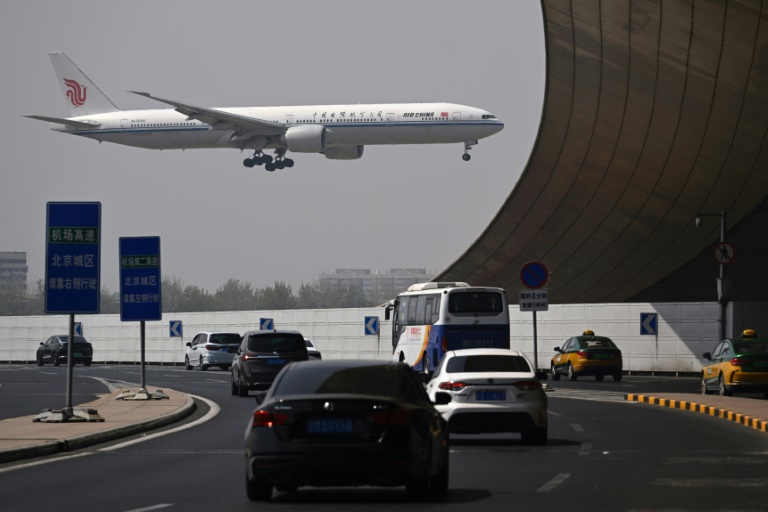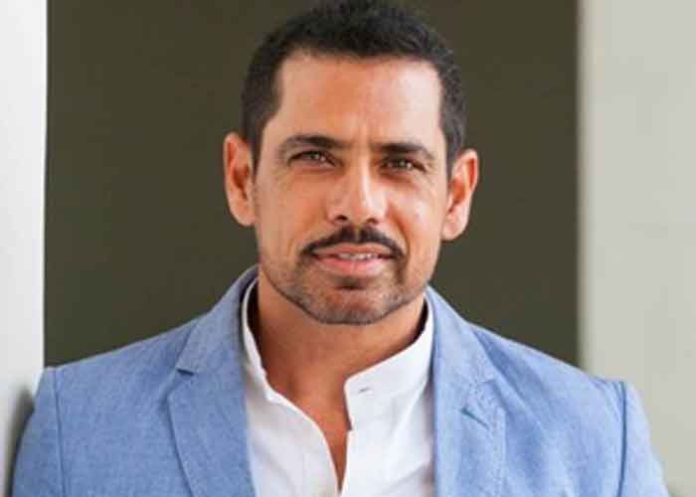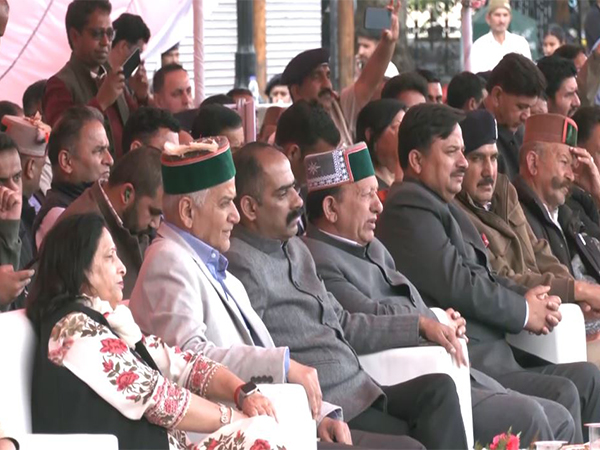W hen Yeung Sum co-founded the city’s largest pro-democracy party more than 30 years ago, he knew building a democratic Hong Kong would be a “difficult dream.” Still, it was not impossible. Today, his Democratic Party is moving toward dissolution, a symbolic marker of the diminishing Western-style civil liberties and high degree of autonomy that the ruling Communist Party in Beijing promised to keep intact in the former British colony for at least 50 years when it returned to China in 1997.
Pro-democracy protests that paralyzed Hong Kong in 2019 led to a crackdown that has all but silenced dissent through restricted elections, media censorship and a national security law that saw some of Yeung’s party members jailed. Dozens of civil society groups closed down. Former chairperson Yeung said in an interview with The Associated Press that Chinese officials told him the party needed to disband.

He urged his members to support the motion to give the leadership mandate to handle the process. “I’m not very happy about it,” said Yeung. “But I can see if we refuse the call to disband, we may pay a very huge price for it.
” Others received similar messages. Party veteran Fred Li said Chinese officials implied the party wouldn’t survive through this year’s legislative election when he asked about the possibility of its members running. Another founding member, Sin Chung-kai, said some Hong Kong-based members were warned in early February of consequences if the party continued to exist.
The Democratic Party was formed in 1994 through a merger of two pro-democracy groups. According to its manifesto, it supports Hong Kong’s return to China. In its early years, it won the most seats in the legislative council.
Before Beijing changed electoral rules in 2021 to ensure only “patriots” can run, the party was a major pro-democracy voice in the legislature even after it no longer held the largest number of seats. Back then, Yeung said, the pro-democracy camp generally won about 60% of the popular vote. Yeung was encouraged to see that the experiment in democracy, the rule of law, an independent judiciary and a merit-based administration could work in the city.
In 2010, the party came under fire after it supported the government’s political reform package in negotiations with Chinese officials that allowed millions of voters to directly elect five lawmakers from their district councils. Some members who hoped for broader democratic reform quit in protest and the party lost two seats in the 2012 legislative election. It also drew backlash from advocates within the pro-democracy camp.
Looking back, former chairperson Emily Lau, who was involved in the talks with Beijing, insists many people supported the outcome because it was a step forward. She said they asked Beijing to continue to have dialogue with others to find a way for universal suffrage, but it never did. China’s crackdown including the 2020 sweeping security law changed the political landscape.
Some former lawmakers, including party ex-chairmen Albert Ho and Wu Chi-wai, are now in prison in prominent national security cases. The Democratic Party has become absent in elections due to the new legal framework for polls. Some observers believe Beijing may no longer consider the party worth cultivating ties with, especially after it did not run in the 2021 legislative election after the electoral overhaul.
MDT/AP.
Top

Biggest pro-democracy party moves to disband as freedoms dwindle

When Yeung Sum co-founded the city’s largest pro-democracy party more than 30 years ago, he knew building a democratic Hong Kong would be a “difficult dream.” Still, it was not impossible. Today, his Democratic Party is moving toward dissolution, a symbolic marker of the diminishing Western-style civil liberties and high degree of autonomy that the [...]The post Biggest pro-democracy party moves to disband as freedoms dwindle appeared first on MACAU DAILY TIMES 澳門每日時報.











